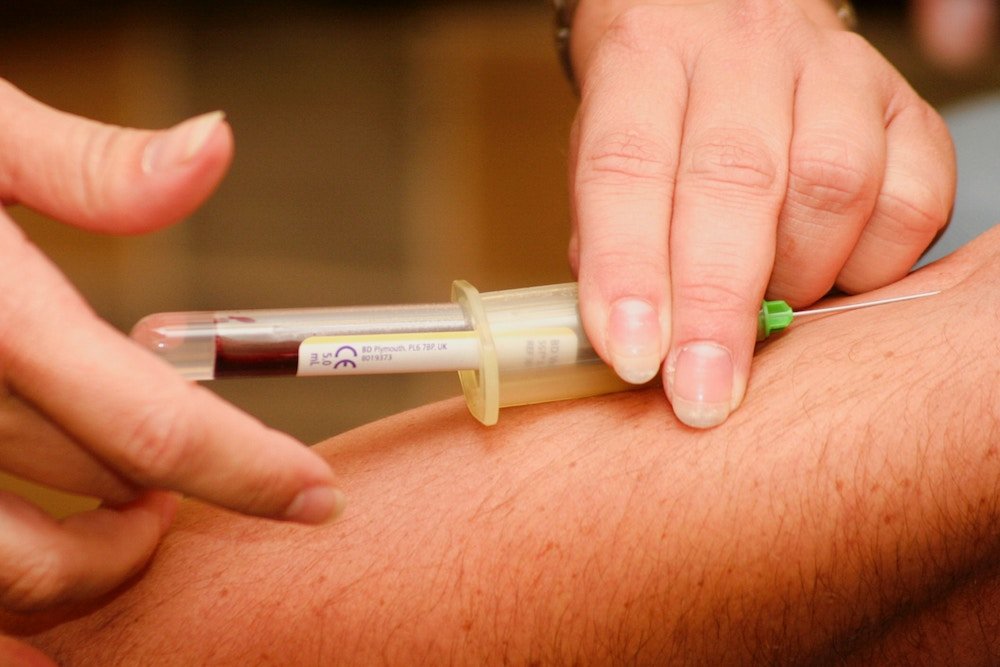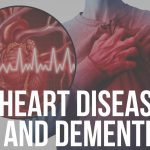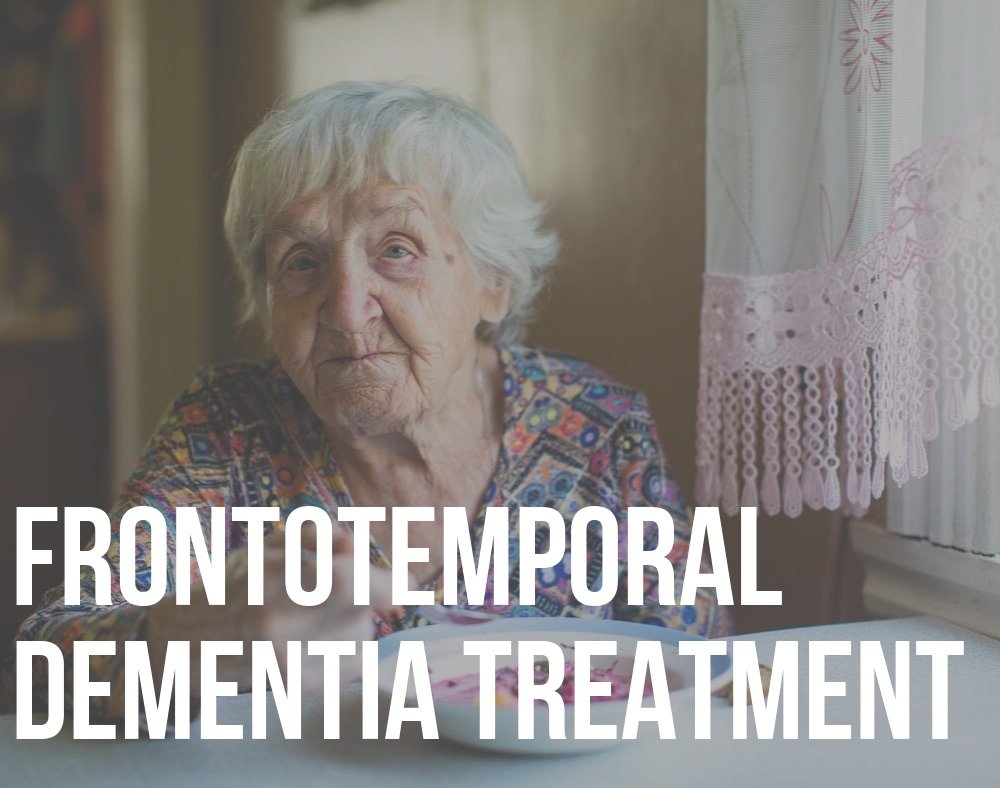We found numerous different approaches to how you can reduce risk of dementia.
Unfortunately, many start acting when it is way TOO LATE.
However, one of the reasons is also the fact that we keep too many things for ourselves instead of sharing them with our loved ones.
If you feel like something is happening with you, you notice a change in your thinking, your mind, whatever, talk about out it to your partner, family or friends.
Sometimes, we happened to be ashamed or embarrassed to talk about particular topics. But you should not be. Who knows, the other person might be experiencing the same situation, too.
Imagine HOW supportive you would be of each other. After all, we are all here to help one another, and an honest conversation is a great start.
Today, we will look at some of the things and activities that HELP reduce the risk of dementia.
For whatever reason, we frequently find ourselves in a loop of doing the wrong thing over and over again.
When doing the wrong thing for too long, things like dementia and Alzheimer’s can happen.
Watch after yourself.
Contents
Steps To Reduce Risk Of Dementia
Obvious but often overlooked.
1. Being Physically Active

Dementia is a group of symptoms that contribute to the slow and continuing DECLINE of the brain hence affecting its abilities.
Its symptoms include short-term memory, confusion, problems with speech and thinking speed affecting someone’s ability to do their daily activities.
Fortunately, there are several ways to reduce the risk of dementia. One of them is being physically active.
Engaging in physical activity is good for the heart, weight control, as well as overall wellbeing.
Lack of exercise is reportedly responsible for a particular risk percentage of this condition.
Therefore, it’s less likely for people who don’t exercise to maintain higher cognition levels compared to those who take part in physical activities regularly.
2. Eating Healthy

Another way of reducing the risk of developing dementia is by eating a balanced diet.
Maintaining a healthy diet and weight doesn’t only reduce the chance of risks of this illness, but it also minimizes risks of other conditions too like cancer, diabetes, stroke, and heart-related diseases as well as obesity.
The brain needs a consistent supply of nutrients present in our food to enable it to function to its full capacity and remain healthy.
Therefore, what we eat affects how the brain works. Eating sugar-laded foods and those with high levels of saturated fats can raise our cholesterol levels.
The MOST EVIDENT effect is often weight gain increasing heart disease risk and other health conditions associated with dementia.
3. Don’t Smoke

Not smoking or kicking the habit can also reduce the risk of dementia. Cigarette smoking can be detrimental to heart health.
The chemicals in tobacco tend to trigger inflammation and the brain’s vascular changes putting one at a higher risk of getting dementia.
It harms blood circulation in the body, including the brain, heart, and lung blood vessels and these free radicals can lead to cell damage, possibly contributing to the development of this disease.
This would lead to increased cognitive impairment and cardiovascular risk factors associated with dementia.
Even though NOT EVERY smoker will get dementia, quitting the habit is thought to minimize the risk.
4. Cutting Down on Alcohol Consumption

Long-term and excessive alcohol consumption leads to impaired cognitive function as well as neurological damage depleting the body’s thiamine, causing a type of dementia known as Alcohol-related dementia (ARD).
This form of dementia deteriorates the intellectual function even though memory may not be precisely affected but may arise with other dementia forms resulting in several symptoms.
These SYMPTOMS INCLUDE muscle jerks, extreme confusion, unsteadiness, nausea, vomiting and lack of ability to move one’s eyes.
People with this form of dementia that affects the brain’s frontal lobes often display a loss of planning and a lack of inhibition.
Additionally, their brain’s vascular system changes and increased hemorrhage risk.
5. Taking Part In Mentally Stimulating Activities

Some studies have linked mentally stimulating activities by reducing the risk of dementia. Others too, have linked spending MORE TIME studying to lowering the risks.
Engaging in mentally stimulating activities that one enjoys in a social setup increases the chances of successful cognitive training.
Although it’s not crystal clear which activities are more beneficial, it’s advisable that one engages in WHAT THEY LOVE. That could be reading, playing an instrument or even tackling crosswords.
This way, one’s brain is kept active, improving and maintaining their mental wellbeing as it also helps boosts one’s spirits while socializing with others.
Good thing is, one can strengthen their brain at any age, whether through leisure activities or workplace achievement.
6. Treating Depression

The correlation between depression and dementia risk is significant. This is because depression is a high-risk factor for dementia since it significantly increases the chances of the illness.
Earlier-life depression is associated with causing changes in the brain that make it susceptible to vascular dementia as well as Alzheimer’s disease many years later.
Even though depression is NOT a CAUSE of this condition, it also has a certain percentage risk responsible for it.
Despite the causal relationship between the risk of dementia and depression has not been established, it is good to treat early-life depression to minimize the chances of developing dementia
7. Hearing Loss

The association between hearing impairment and dementia onset is impartially new. Hearing loss may cause more stress to an already weak brain regarding the possible changes that eventually occur.
It may also cause the persons with dementia to retreat into isolation, leaving them depressed, dependent and lonely as they withdraw from crowds or their usual social activities.
It is still unknown how hearing loss relates to cognitive FAILURE and dementia, but it is said to contribute to different specific cognitive abilities such as processing speed, visuospatial ability, executive function, and memory.
Although old age could contribute to this relationship, a hearing loss too could play a role in developing dementia.
8. Controlling Blood Pressure Levels

Uncontrolled high levels of blood pressure are bound to create complications by damaging and narrowing the brain’s blood vessels. Eventually, this increases the chances of the blood vessels becoming blocked or even bursting.
When this occurs, cells in the brain may be impaired due to a lack of an insufficient supply of oxygen and nutrients in the blood.
This damage, therefore, can cause vascular dementia affecting one’s memory and thinking skills.
Moreover, diabetes also associates with cognitive dysfunction progression. This possibly will INTENSIFY the risk of getting dementia.
Hence, controlling someone’s blood pressure and observing their lifestyle may save them from this condition.
9. Maintaining Social Contact

Frequent social contact is yet another way of reducing risk of dementia. This includes visiting friends, going out of comfort zones and also engaging in group activities.
Unlike loneliness, which may increase the risk of the illness, socializing does the complete opposite.
Social isolation is a breeding ground for depression. It also contributes to a higher risk of developing other conditions like heart disease and hypertension.
People who ACTIVELY take part in social activities can also lessen the progression to dementia compared to those who isolate themselves once they develop the condition.
10. Meditation

Reportedly, deep concentration and relaxation can lead to new brain cell growth, preventing the shrinking of the brain that is linked to Alzheimer’s.
Several studies have shown that “quieting” your mind is of paramount importance when it comes to reducing dementia risk.
People who meditate and take part in yoga sessions have MINIMAL brain atrophy compared to those who don’t. This is because meditation increases the brain’s protective tissue that helps us feel less worried and minimizes the effects of the cortisol hormone.
It also helps fight negative thinking.
Cortisol is also associated with health problems related to lack of enough sleep. On top of that, it escalates the risk of having dementia.
The waste-draining system is highly active when asleep, which in turn clears the beta-amyloid levels in the brain.
11. Quality Sleep/Rest

While there might not be any clear evidence of whether or not sleep and dementia have something in COMMON, make sure you get enough rest every day.
That would be, on average, at least eight hours.
Keep in mind, there was a small study done that does somewhat support the idea that quality sleep CAN DECREASE the development of dementia. In short, the less REM sleep, the higher the chance of dementia.
To learn more about this subject, we published an in-depth article that shares all the information necessary about the connection between sleep and dementia.







